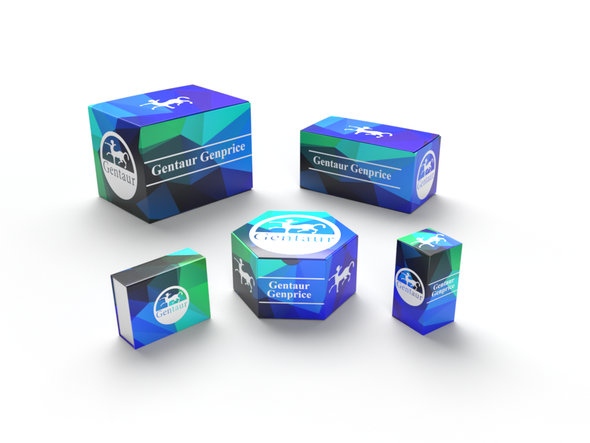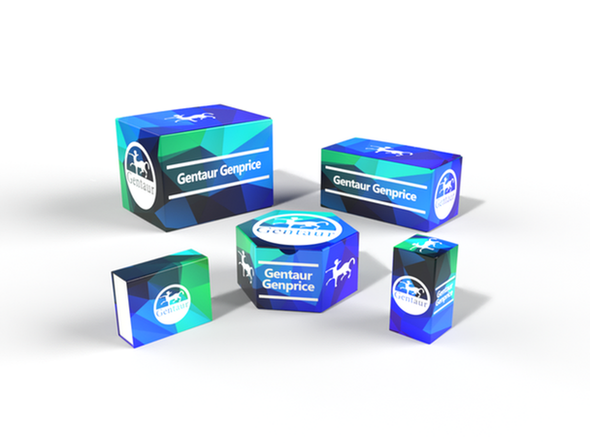Description
APG4B Antibody | 28-091 | Gentaur UK, US & Europe Distribution
Host: Rabbit
Reactivity: Human, Mouse, Rat, Dog
Homology: N/A
Immunogen: Antibody produced in rabbits immunized with a synthetic peptide corresponding a region of human APG4B.
Research Area: Transcription
Tested Application: E, WB, IHC
Application: APG4B antibody can be used for detection of APG4B by ELISA at 1:312500. APG4B antibody can be used for detection of APG4B by western blot at 2.0 μg/mL, and HRP conjugated secondary antibody should be diluted 1:50, 000 - 100, 000.
Specificiy: N/A
Positive Control 1: Cat. No. 1205 - Jurkat Cell Lysate
Positive Control 2: N/A
Positive Control 3: N/A
Positive Control 4: N/A
Positive Control 5: N/A
Positive Control 6: N/A
Molecular Weight: 44 kDa
Validation: N/A
Isoform: N/A
Purification: Antibody is purified by peptide affinity chromatography method.
Clonality: Polyclonal
Clone: N/A
Isotype: N/A
Conjugate: Unconjugated
Physical State: Liquid
Buffer: Purified antibody supplied in 1x PBS buffer with 0.09% (w/v) sodium azide and 2% sucrose.
Concentration: batch dependent
Storage Condition: For short periods of storage (days) store at 4˚C. For longer periods of storage, store APG4B antibody at -20˚C. As with any antibody avoid repeat freeze-thaw cycles.
Alternate Name: APG4B, APG4B, AUTL1
User Note: Optimal dilutions for each application to be determined by the researcher.
BACKGROUND: Autophagy is the process by which endogenous proteins and damaged organelles are destroyed intracellularly. Autophagy is postulated to be essential for cell homeostasis and cell remodeling during differentiation, metamorphosis, non-apoptotic cell death, and aging. Reduced levels of autophagy have been described in some malignant tumors, and a role for autophagy in controlling the unregulated cell growth linked to cancer has been proposed. APG4B encodes a member of the autophagin protein family and is also designated as a member of the C-54 family of cysteine proteases.






